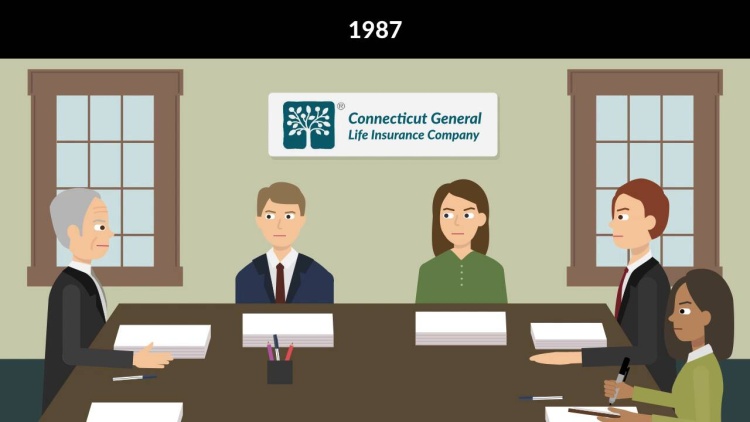Trident Center v. Connecticut General Life Insurance Co.
United States Court of Appeals for the Ninth Circuit
847 F.2d 564 (1988)
- Written by Jamie Milne, JD
Facts
An insurance company and two law firms formed Trident Center (Trident) (plaintiff), a partnership, to construct a California office complex. Trident obtained financing from Connecticut General Life Insurance Company (CGLI) (defendant). The $56 million loan negotiated by the sophisticated parties had a 15-year term and an interest rate of 12.25 percent. The promissory note stated that Trident could not prepay the loan in the first 12 years. The note also provided that, in the event of a default during the first 12 years, CGLI could, at its discretion, accelerate the payment obligation, making the full amount due, and charge a 10 percent prepayment fee. When interest rates dropped a few years later, Trident wanted to refinance, but CGLI insisted that the loan could not be prepaid. Trident sued CGLI, seeking a declaration that Trident could prepay the loan within the first 12 years if it paid the 10 percent prepayment fee mentioned in the default provision. Trident argued that the contract’s terms were ambiguous and sought to introduce extrinsic evidence, meaning evidence from outside the agreement, showing that the parties intended that Trident could prepay subject to the prepayment fee. CGLI moved to dismiss the suit, arguing that the contract unambiguously prevented Trident from prepaying the loan. The district court granted CGLI’s motion and sanctioned Trident for bringing a frivolous lawsuit. Trident appealed.
Rule of Law
Issue
Holding and Reasoning (Kozinski, J.)
What to do next…
Here's why 907,000 law students have relied on our case briefs:
- Written by law professors and practitioners, not other law students. 47,100 briefs, keyed to 996 casebooks. Top-notch customer support.
- The right amount of information, includes the facts, issues, rule of law, holding and reasoning, and any concurrences and dissents.
- Access in your classes, works on your mobile and tablet. Massive library of related video lessons and high quality multiple-choice questions.
- Easy to use, uniform format for every case brief. Written in plain English, not in legalese. Our briefs summarize and simplify; they don’t just repeat the court’s language.





